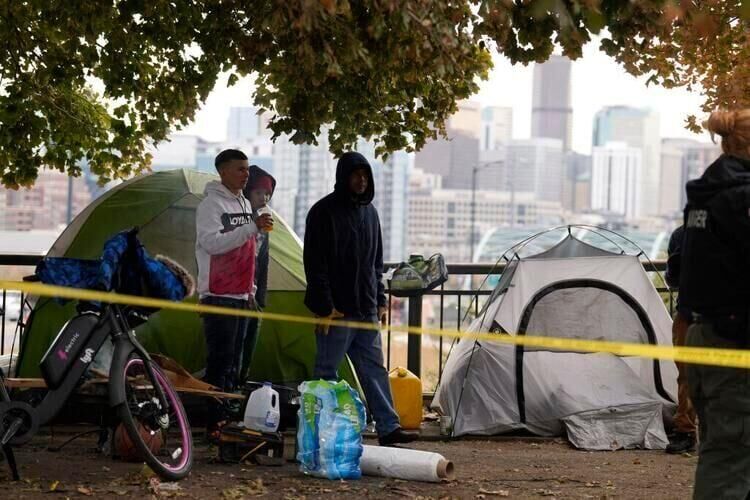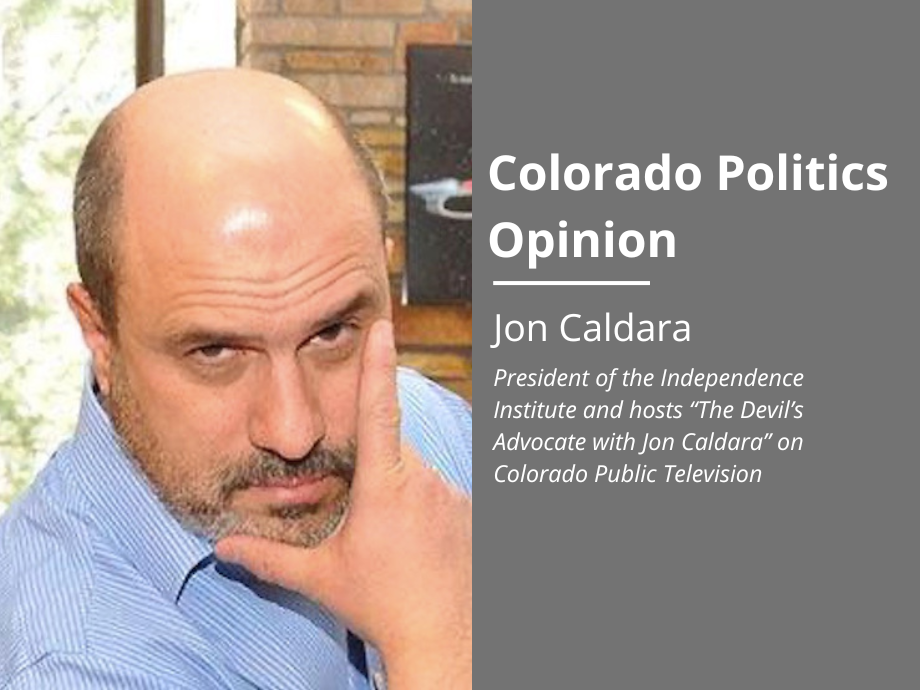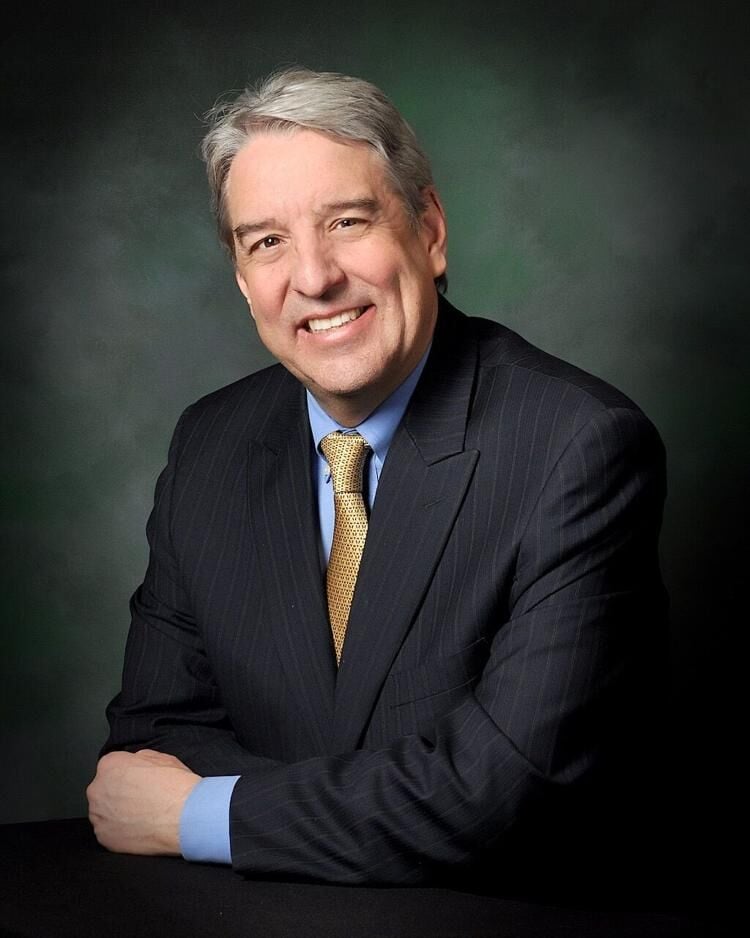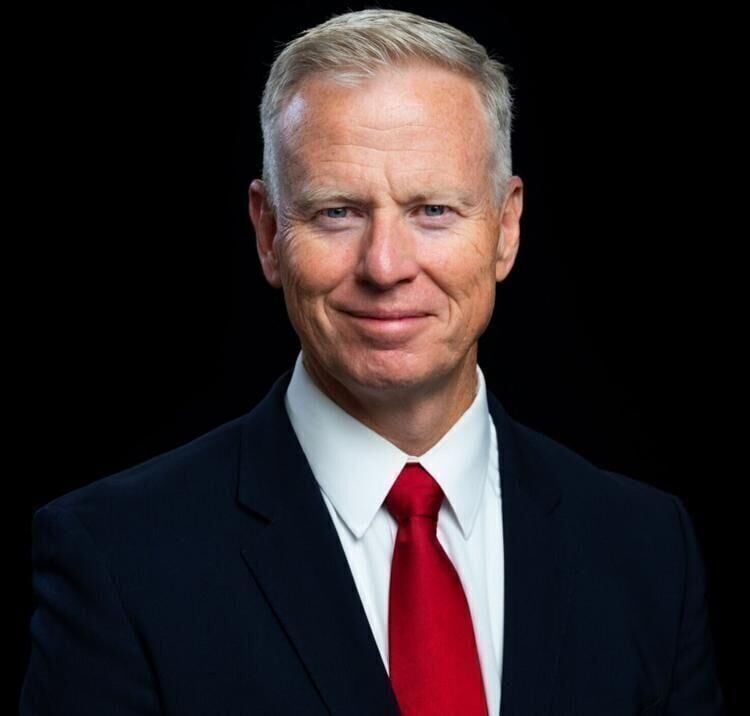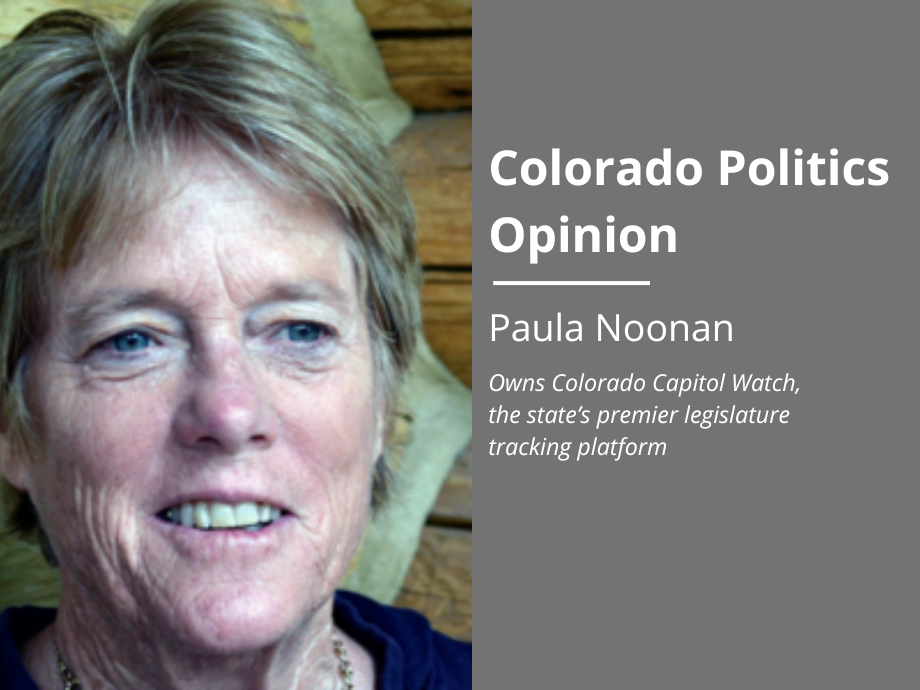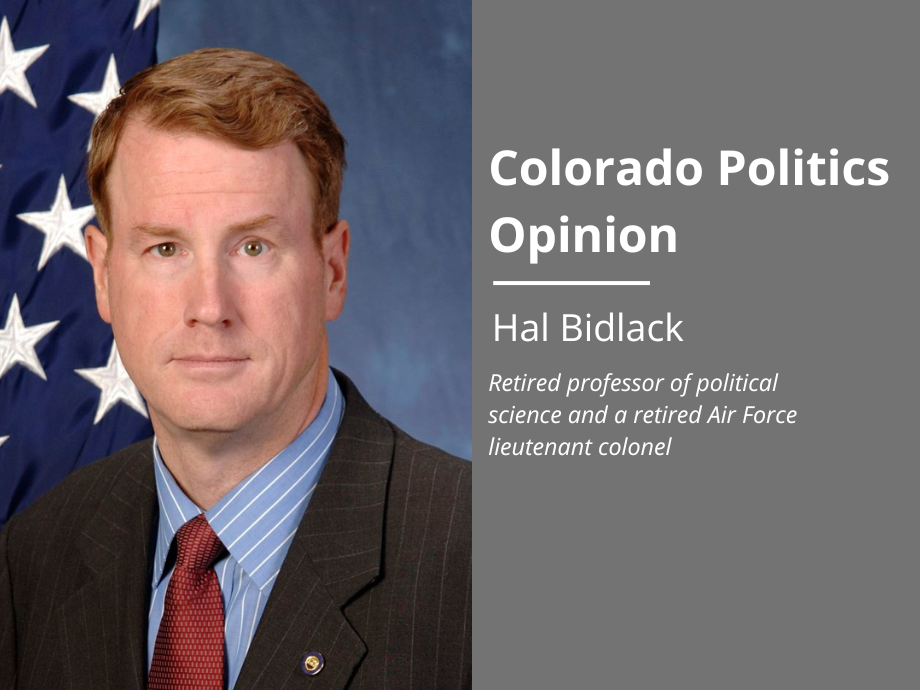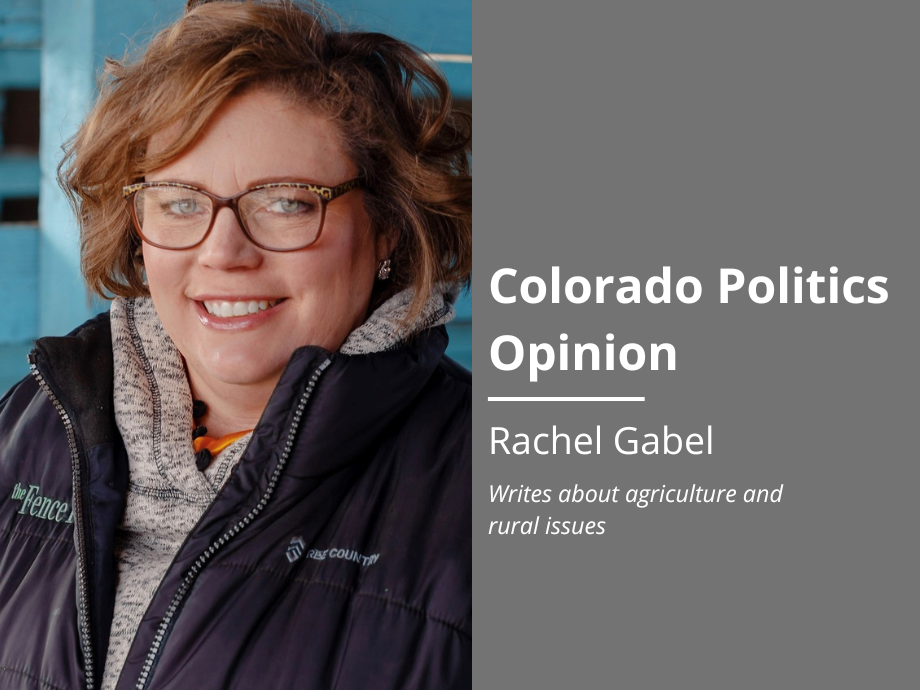High court clears the way for camping bans | Colorado Springs Gazette
Colorado’s mayors and their counterparts across America owe a bipartisan “thank you” to the U.S. Supreme Court for its ruling last week empowering them to push back at the squalid and dangerous encampments that have overtaken many urban landscapes.
The nation’s highest court ruled 6-3 that local government bans on homeless camps are constitutional and not “cruel and unusual punishment,” even when a community can’t provide alternative shelter for the campers. The decision stemmed from a challenge to one such ban in the city of Grants Pass, Ore., but it can be expected to free up local governments nationwide in reclaiming public spaces from droves of chronic street dwellers and their shantytowns.
The ruling also should embolden those Colorado cities that already have camping bans in place but, in some cases, have enforced them only intermittently due in part to legal hurdles.
Stay up to speed: Sign up for daily opinion in your inbox Monday-Friday
Denver, Colorado Springs, Aurora, Fort Collins and Grand Junction are among the Colorado cities with some kind of camping ban on the books. Yet, Denver, for example, long was stymied in its efforts to use its ban effectively. Dogma-driven activists who champion the homeless — and have served as enablers of their encampments — have dragged Denver City Hall to court. Federal judges have obliged with restrictions on the city like waiting periods before an encampment could be shut down so that the campers could have time to relocate.
Cities like Colorado Springs and Aurora, commendably, have pressed forward with enforcement of their own bans while taking care to heed court rulings micromanaging the bans’ implementation. To its credit, Aurora moved ahead just last week with an expansion of its camping ban to include the city’s extensive corridor along I-225, a regular venue for the camps.
And even Denver has acted more vigorously to employ its ban since freshman Mayor Mike Johnston took office last July. While his aggressive, multimillion-dollar agenda for moving street dwellers into former hotels has stirred controversy in its own right — deservedly drawing criticism as violence and drug overdoses inevitably took their toll — the effort at least has gotten some people off the streets for the time being. It has eased the burden of the camps on some neighborhoods even if the reprieve is only temporary.
Now, all such efforts should get a lift, thanks to the Supreme Court’s position on the matter. Among other considerations, it should make court challenges to Denver’s ban less likely.
As for critics of last week’s court ruling who insist on viewing it through a political lens — contending it was driven by the narrow “ideology” of a Republican-appointed court majority — consider the ruling’s warm welcome by California’s Democratic Gov. Gavin Newsom.
“This decision removes the legal ambiguities that have tied the hands of local officials for years,” Newsom said. As reported by the Associated Press, Newsom said the decision gives state and local officials the authority to clear “unsafe encampments” from the streets while acting with compassion.
Meanwhile, it was Colorado’s own Justice Neil Gorsuch who penned the court majority’s opinion — and whose wisdom carried the day on the issue.
“Homelessness is complex. Its causes are many. So may be the public policy responses required to address it,” he wrote. “A handful of federal judges cannot begin to ‘match’ the collective wisdom the American people possess in deciding ‘how best to handle’ a pressing social question like homelessness.”
Thanks to Gorsuch and his colleagues, cities are now freer to find their own way in tackling the problem.
Colorado Springs Gazette Editorial Board


